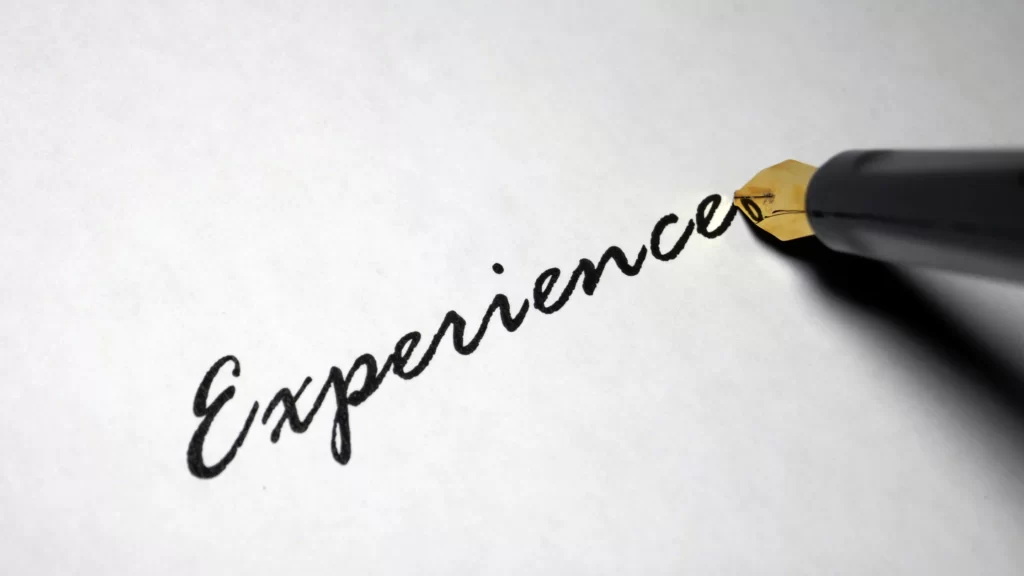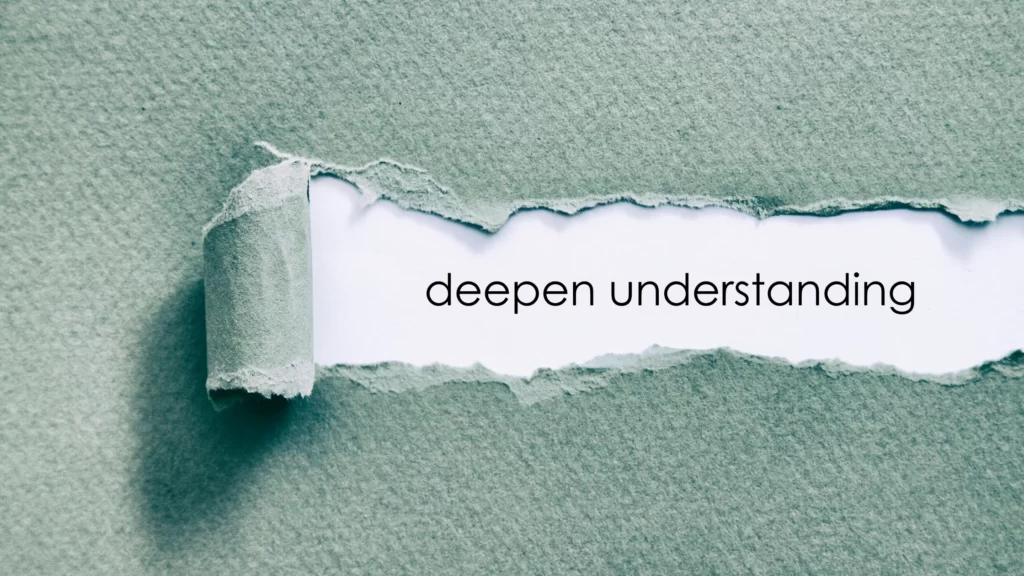There was a time when the interns at the end of the course asked me how the education and skills in a CV should be distinguished.
What are the education and skills in a CV?
To make it easier for you to understand, I will take examples. For example, if you have graduated from University, College, Intermediate level, .. then these levels of education are academic. Skills will include names such as Presentation skills, Communication skills, Teamwork skills, etc.
Going a little further, education is the courses that you complete, and receive a certificate of graduation. It is universal and most importantly has a common framework for all those pursuing that course. It provides you with a basic foundation for your future career-related careers.
Besides, the assessment of your education is also standardized. You will both learn and experience the same amount of knowledge, and learning according to that good knowledge will bring good results for you.
Education and skills in CV are heterogeneous among individuals. There is hardly a specific curriculum for developing your skills. With this level of education, you can learn a lot of different subjects in a short amount of time. On the contrary, a single skill will take you a lot of time to practice to achieve.
Your skills will sometimes develop spontaneously and unconsciously during your interactions with society, without going through a textbook.
Therefore, there is no standard to measure your skills or a certificate that you have achieved a certain skill. Simply because in my personal opinion, a skill is something that needs to be practiced and practiced a lot, continuously every day.
The importance of education and skills in a CV
Why do I emphasize the two aspects of Education and Skills in my CV and guide you on how to differentiate them. When an employer reads information on your CV, your education will be the deciding factor in whether to invite you to an interview, and your skills will be what help you show up in that interview.
In most businesses when recruiting for a position, the level of education required is an important criterion. In other words, if you do not have an equal or higher level of education than required, it will be very difficult for you to pass the pre-qualification round.
It is no coincidence that education is included in one of the rigors of recruitment. Looking at the labor market a little bit, you will see. With positions that do not require too high technical expertise and recruitment with a large number, the degree is almost no longer important.
Quite a few large enterprises recruit employees who have graduated from high school and then train them to be managers. The main reason for this is because they have a very good internal training system, and the job is more about skills than knowledge.
On the other hand, I believe that it is difficult for engineers in the factory to have a high school graduate who can handle the job. This is especially true for departments that require high technicalities such as the Department of Technology, Research, and Development.
Notes on skills in a CV
Skills are another category in the job search process. It cannot be written on paper but must go through the process of being given the opportunity for you to express it before it can be assessed.
Some of you can write with good communication skills, but when interviewing, you can’t express all of your ideas, sentences are used without beginnings and endings, or even use words in the wrong context, etc.
You can write Good Training Skills, and when allowed to speak on a topic you are most knowledgeable about and most confident in, you show up almost nothing. Therefore, in this skill category, you should be really careful with what you will write.
Requirements for education and skills when looking for a job
Another point that I personally observe is the human market and recruitment requirements, usually, between education and skills, there will be a relative degree of inverse correlation.
That is, if a position requires a very high level of knowledge and education, many skills factors are ignored or downplayed. On the contrary, positions with low educational requirements require your skill level to be relatively good.
There seem to be two aspects being formed in the recruitment requirements that I personally think can be temporarily called “academic excellence” and “social excellence”.





